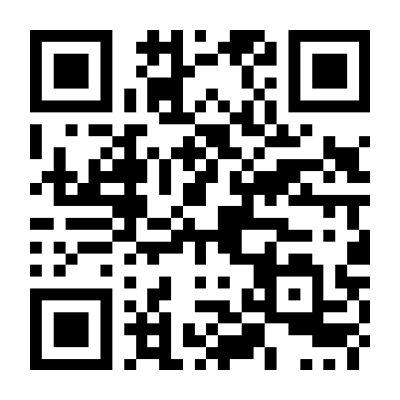单选题
0分
Intelligence makes for better leaders - from undergraduates to executives to presidents - according ...
Intelligence makes for better leaders - from undergraduates to executives to presidents - according to multiple studies. It certainly l that handling a market shift or legislative logjam requires high cognitive abilities. But new research on leadership suggests that, at a certain point, having a higher io can be viewed as 2 .
3 previous research has shown that groups with smarter leaders perform better by 4 measures, some studies have 5 that followers might subjectively view leaders with extremely high intellect as less effective. Decades ago Dean Simonton, a psychologist at the University of California, Davis, proposed that brilliant leaders' words may simply go 6 people's heads, their solutions could be more complicated t0 7 and followers might find it harder to relate to them. Now Simonton and two colleagues have finally 8 that idea. The researchers 9 379 male and female business leaders in 30 countries, 10 fields that included banking, retail and technology. The managers took IQ tests, an imperfect but robust 11 0f performance in many areas, and each was rated on leadership style and effectiveness by an average of eight co-workers. 10 12 correlated with ratings of leader effectiveness, strategy formation, vision and several other characteristics - up to a point. The ratings peaked at an io of around 120, which is higher than roughly 80 percent of office workers. Beyond that, the ratings 13 . The researchers suggest the "ideal" io could be higher or lower in various fields, depending on 14 technical versus social skills are more valued in a(n) 15 work culture.
"It's an interesting and thoughtful paper," says Paul Sackett, a psychology professor at the University of Minnesota, who was not involved in the research. "To me, the right interpretation of the work would be that it 16 a need to understand what high-IQ leaders do that 17 to lower perceptions by followers. The wrong interpretation would be, ;Don't 18 high-io leaders. , "
The study's lead author, John Antonakis, a psychologist at the University of Lausanne in
Switzerland, suggests leaders should use their intelligence t0 19 creative metaphors that will persuade and inspire others. "I think the only way a smart person can signal their intelligence 20 and still connect with the people," Antonakis says, "is to speak in charming ways. "
3 previous research has shown that groups with smarter leaders perform better by 4 measures, some studies have 5 that followers might subjectively view leaders with extremely high intellect as less effective. Decades ago Dean Simonton, a psychologist at the University of California, Davis, proposed that brilliant leaders' words may simply go 6 people's heads, their solutions could be more complicated t0 7 and followers might find it harder to relate to them. Now Simonton and two colleagues have finally 8 that idea. The researchers 9 379 male and female business leaders in 30 countries, 10 fields that included banking, retail and technology. The managers took IQ tests, an imperfect but robust 11 0f performance in many areas, and each was rated on leadership style and effectiveness by an average of eight co-workers. 10 12 correlated with ratings of leader effectiveness, strategy formation, vision and several other characteristics - up to a point. The ratings peaked at an io of around 120, which is higher than roughly 80 percent of office workers. Beyond that, the ratings 13 . The researchers suggest the "ideal" io could be higher or lower in various fields, depending on 14 technical versus social skills are more valued in a(n) 15 work culture.
"It's an interesting and thoughtful paper," says Paul Sackett, a psychology professor at the University of Minnesota, who was not involved in the research. "To me, the right interpretation of the work would be that it 16 a need to understand what high-IQ leaders do that 17 to lower perceptions by followers. The wrong interpretation would be, ;Don't 18 high-io leaders. , "
The study's lead author, John Antonakis, a psychologist at the University of Lausanne in
Switzerland, suggests leaders should use their intelligence t0 19 creative metaphors that will persuade and inspire others. "I think the only way a smart person can signal their intelligence 20 and still connect with the people," Antonakis says, "is to speak in charming ways. "
参考答案: D
参考解析: [精解]本题考查动词辨析。空格上文指出Simonton数十年之前所提出的观点(proposed tllat…):睿智领导者的话语难以理解,很难与之沟通。空格句指出.如今Simonton和其同事终于这一观点。由此可知,两句问存在“假设…验证”关系,且由下文具体研究结果“智商在一定程度上与领导者效牢等评分存在……相关关系”和”智商在120左右时,评分最高;超过120,评分……”所暗示的“高智商领导者可能低效”之意可佐证这一关系.Simonton和其同事应该是通过实验检验并证实了自己之前的观点.D.lesled符合文意。

 百度扫一扫练题
百度扫一扫练题
 关注千题库公众号
关注千题库公众号








